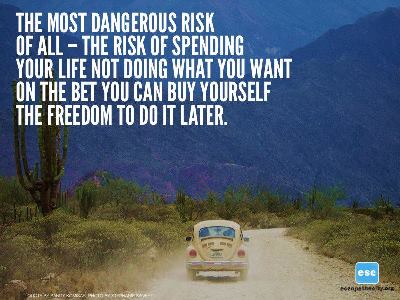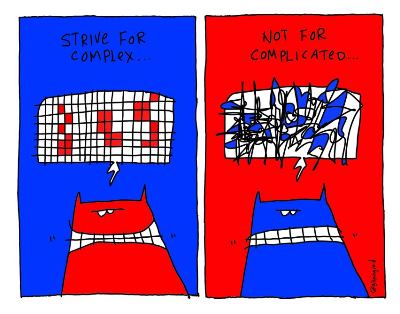Steve Jobs was an exceptional individual, and quite insanely driven. He must have been tough to work with! This interesting 1h BBC video about his life show how much he was driven by his own idea, and regularly took the market by surprise, coming from unexpected sides.
(Follow the link if you don’t see the video)
The first minutes about his education and the origin of his philosophy very close to the hippy approach (“taking LSD was one of the most important things in my life” he says) are quite fundamental to understand his drive to change the world. They are possibly the most interesting of the video (the rest we generally have heard already).
However the revelation that he tried to fight cancer using unconventional means, which only delayed surgery and allowed the cancer to spread, is also showing the other side of excessive drive.
Take the time to re-discover why and how Steve Jobs did what he did. That’s quite instructive.
Hat tip to Mitch Joel from his blog post Insane Ambition.





 Large organizations need to be especially aware of the challenges they are likely to encounter in developing adaptative capabilities. Classical approaches to managing scale – delegation and specialization – can be highly efficient under stable conditions, but the hierarchical structures they produce are too rigid for the rapid learning and change required in turbulent environments.
Large organizations need to be especially aware of the challenges they are likely to encounter in developing adaptative capabilities. Classical approaches to managing scale – delegation and specialization – can be highly efficient under stable conditions, but the hierarchical structures they produce are too rigid for the rapid learning and change required in turbulent environments.




